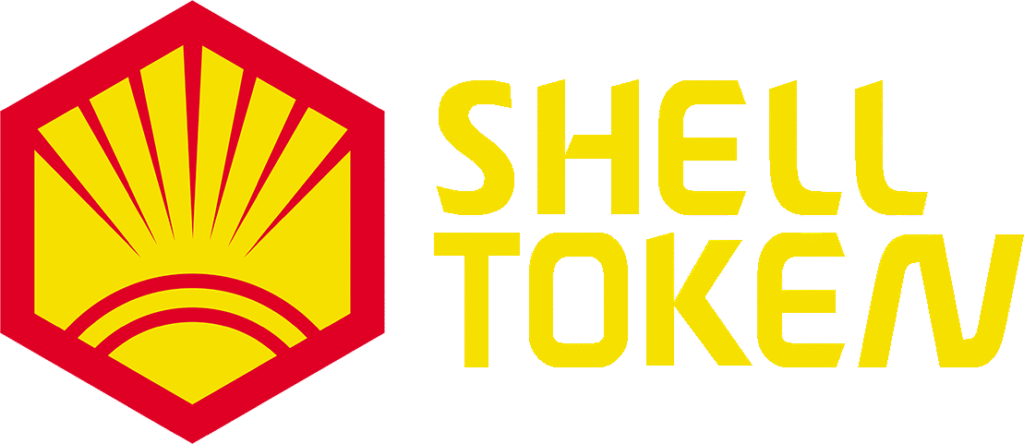The energy sector, a cornerstone of global economies, faces an undeniable imperative to transition towards more sustainable practices. In this evolving landscape, blockchain technology emerges as a powerful tool to redefine how global brands engage with their communities and tackle environmental challenges. This article delves into how the “Shell Token,” a community-driven cryptocurrency initiative, proposes to genuinely contribute to environmental sustainability, moving beyond mere corporate branding to foster a decentralized ecosystem that bridges traditional energy markets with blockchain innovation.
The Vision: Bridging Energy and Blockchain for a Sustainable Future
The Shell Token initiative is built on a bold mission: to create a decentralized ecosystem that empowers consumers to actively participate in the energy transition while being rewarded for their loyalty and contributions to sustainability. Their vision is a world where energy consumption, production, and trading are transparent, community-driven, and aligned with global sustainability goals, all facilitated by blockchain technology. This ambitious goal is rooted in core values of transparency, sustainability, community governance, and innovation, aiming to create tangible value for all stakeholders.
At its core, Shell Token seeks to transform passive consumers into active participants in the energy ecosystem. It aims to provide users with the tools, incentives, and knowledge to make informed decisions about their energy usage and investments. The long-term vision extends beyond simple tokenization, envisioning a comprehensive platform where users can track their carbon footprint, invest in renewable energy projects, trade energy credits, and participate in governance decisions that shape the future of energy consumption and production. By aligning economic incentives with environmental responsibility, Shell Token intends to accelerate the transition to a more sustainable energy landscape.
Tokenizing Sustainability: Practical Applications and Mechanisms
The Shell Token ecosystem proposes several practical applications designed to drive environmental sustainability through blockchain technology. These mechanisms aim to incentivize eco-friendly behaviors, fund green initiatives, and create a transparent framework for environmental impact.
Loyalty Programs with an Eco-Twist
Traditional loyalty programs often lack the tangibility and broad utility found in digital tokens. Shell Token addresses this by serving as the backbone of a next-generation loyalty program where customers earn tokens for fuel purchases, in-store shopping, and other interactions with Shell services. While these tokens can be redeemed for discounts or converted to other cryptocurrencies, their deeper environmental impact lies in their potential to shift consumer behavior. Imagine earning bonus tokens for choosing premium fuels with lower emissions or for participating in energy-efficient driving challenges. This incentivizes a gradual shift towards more sustainable consumption habits, even within traditional energy systems.
Environmental Gamification and Carbon Footprint Tracking
One of the most innovative contributions of Shell Token to environmental sustainability is its approach to environmental gamification. The platform intends to track carbon reduction efforts, reward carpooling and EV charging, and incentivize participation in local clean-up events organized through the community. Users can participate in sustainability challenges and eco-friendly behaviors to earn Shell Tokens.
The ecosystem includes a sophisticated carbon footprint calculator that tracks users’ energy consumption and related emissions. By connecting various data sources—from vehicle telematics to smart home devices—the platform provides users with a comprehensive view of their environmental impact. For each verified reduction in carbon emissions, users receive Shell Tokens as rewards. This could include switching to premium fuels with lower emissions, reducing overall consumption, or adopting more efficient energy practices at home. The platform plans to use oracle technology to verify these reductions through trusted data sources, rather than relying solely on self-reporting, building genuine trust in the ecosystem’s environmental credentials.
Gamified challenges, such as carpooling competitions or “eco-driving” challenges, will reward efficient habits, while community clean-up events foster collective action. Participants earn badges, achievement NFTs, and Shell Tokens based on their participation and impact. Leaderboards showcase the most environmentally conscious community members, creating healthy competition while driving meaningful change. This gamification approach transforms sustainability from an abstract concept into tangible, rewarded actions, aligning personal financial interest with planetary well-being.
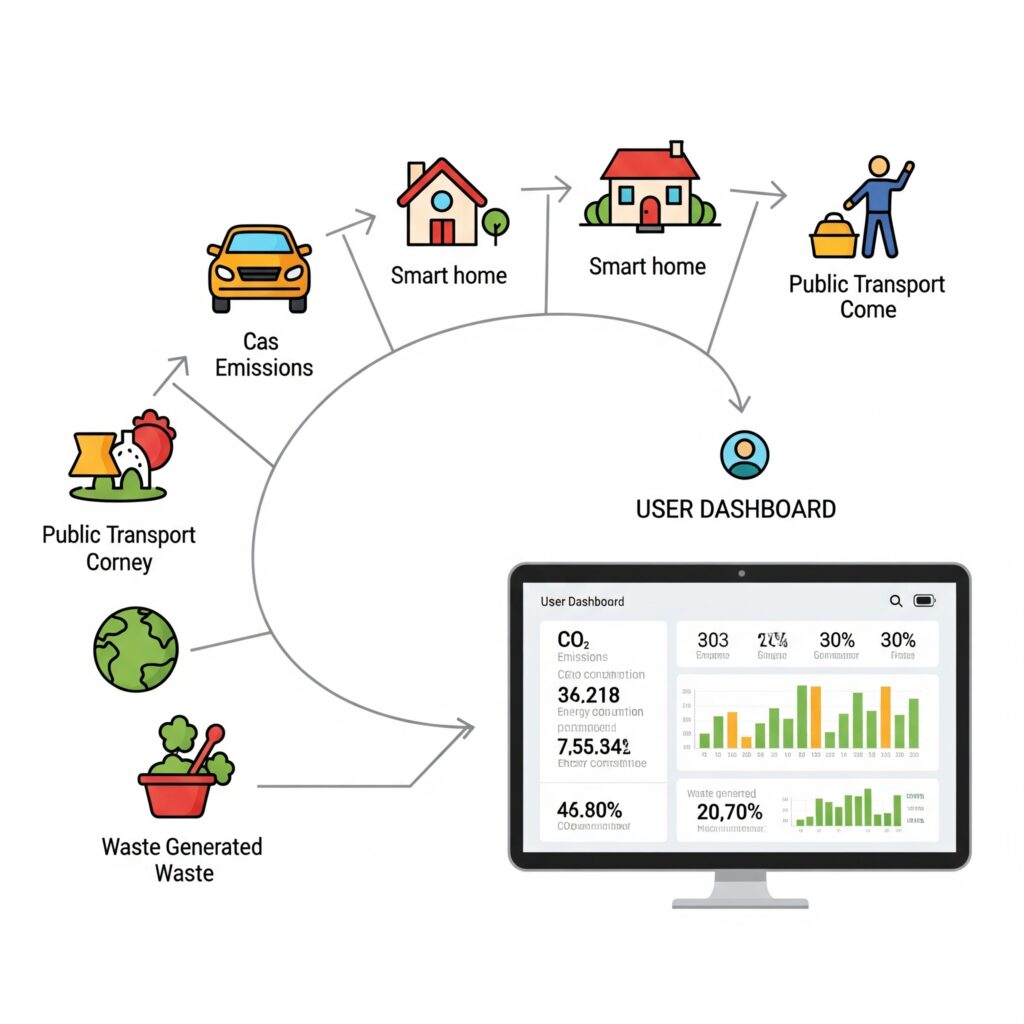
Funding Renewable Energy and Carbon Offsetting
Beyond individual behavioral shifts, Shell Token aims to facilitate broader environmental impact through direct funding mechanisms. The token will enable peer-to-peer energy trading, where prosumers (those who both produce and consume energy) can sell excess renewable energy directly to other community members. This decentralized energy market empowers individuals and communities to participate directly in the renewable energy transition.
Furthermore, the token is designed to serve as the currency for a carbon offset marketplace, allowing users to purchase verified carbon credits to compensate for their unavoidable emissions. This addresses long-standing issues in carbon markets, including double-counting, verification delays, and limited accessibility. The blockchain ensures each credit is unique and can only be claimed once, while smart contracts automate verification and retirement processes that traditionally require extensive intermediation.
Shell Token will also power a specialized DeFi ecosystem focused on energy investments. Users can stake their tokens to support renewable energy projects and earn returns based on the performance of these investments. This creates a direct link between financial returns and positive environmental impact, aligning incentives across the ecosystem. In your opinion, what is the most significant challenge in ensuring the transparency and verifiable impact of carbon offset projects?
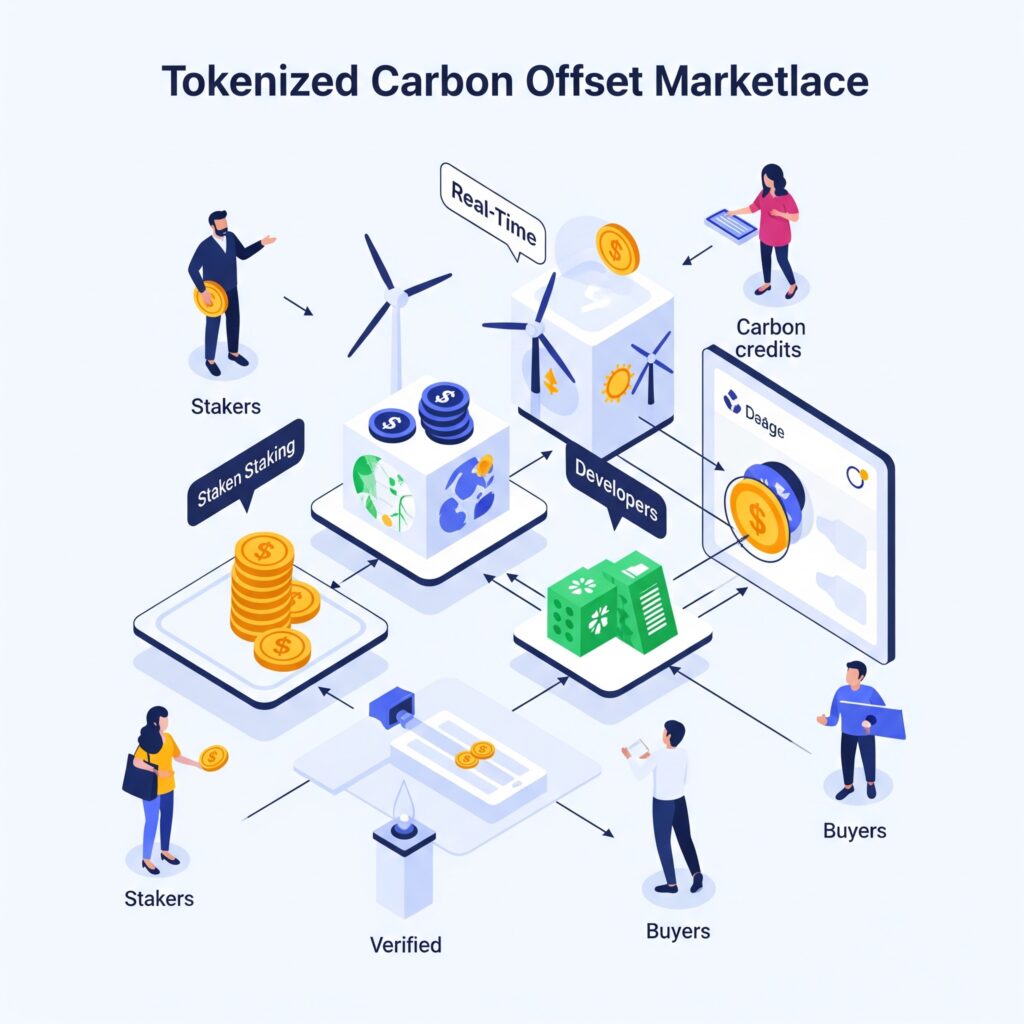
Transparency and Governance: The Blockchain Advantage
The inherent properties of blockchain technology—immutability, transparency, and distributed verification—are central to Shell Token’s environmental sustainability efforts. This offers a significant advantage over traditional ESG reporting, which can suffer from opacity and inconsistent methodologies.
Verifiable Environmental Claims and ESG Transparency
Every environmental initiative funded through the Shell Token ecosystem is intended to create an immutable record on the blockchain. This includes the initial proposal, community votes, fund allocation, implementation milestones, and measured impact. Unlike conventional sustainability reports, these records cannot be retroactively altered and are accessible to anyone for verification. External data sources, such as satellite imagery for reforestation projects or IoT sensors for emissions monitoring, can feed into the system through secure oracle networks, creating a trusted, real-time view of environmental impact.
For individual users, their energy consumption and corresponding emissions are recorded and verified through the blockchain, creating a personal carbon ledger that informs their decisions and rewards improvements. For corporate participants, this system offers unprecedented transparency in emissions accounting, potentially transforming how carbon reporting functions in regulatory and voluntary carbon markets. This technological approach to ESG transparency could eventually become an industry standard, raising the bar for what stakeholders expect from energy companies in terms of environmental accountability and driving systemic change throughout the sector.
Community-Driven Sustainability Initiatives
Community governance is a cornerstone of the Shell Token ecosystem. Token holders gain voting rights proportional to their holdings, allowing them to participate in decisions regarding new features, sustainability initiatives, and tokenomic adjustments. This ensures that the platform evolves according to community needs and priorities, particularly concerning environmental projects. Holders can vote on which environmental projects receive funding, which community proposals to implement, and how to allocate resources for maximum positive impact. This democratic decision-making process empowers the community to direct resources towards initiatives they believe will have the greatest environmental benefit.
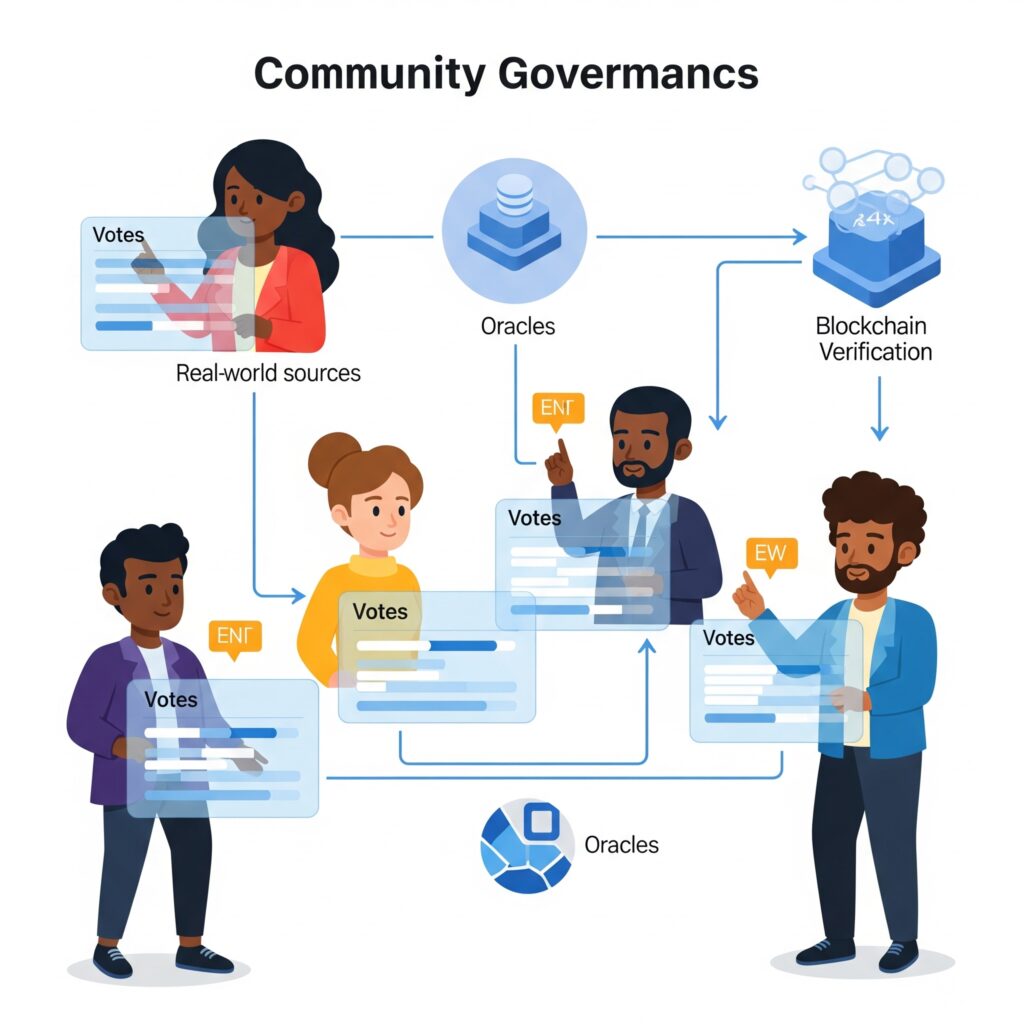
Economic Model: Aligning Incentives for Sustainability
The Shell Token’s economic model is designed to be self-sustaining, with multiple revenue streams feeding back into the ecosystem to support its growth and sustainability initiatives. This includes marketplace transaction fees, premium subscription services, partnership revenues from sponsored challenges, and data monetization (with appropriate privacy controls and user consent).
A portion of all revenue will be used to buy back and burn tokens, creating consistent deflationary pressure that benefits all token holders. New tokens are released into circulation only when they correspond to real economic activity within the ecosystem, such as rewards for verified purchases or sustainability actions. Meanwhile, token burning mechanisms increase with platform adoption, creating natural scarcity as the user base grows. This economic model creates a virtuous cycle where increased usage leads to both higher utility for users and appreciation potential for token holders, aligning the interests of all ecosystem participants around growth and sustainability.
When evaluating a cryptocurrency project, always examine its tokenomics model. A well-designed tokenomics plan that balances utility, scarcity, and sustainable growth is crucial for long-term viability, especially for projects with a social or environmental mission. Look for clear revenue streams and mechanisms that benefit token holders and the ecosystem as a whole.
The Impact on the Energy Industry and Beyond
Shell Token envisions a paradigm shift in how energy companies engage with consumers and manage their environmental impact. By introducing blockchain-based transparency and community governance to traditionally opaque sectors, this initiative has the potential to transform several key aspects of the energy industry.
Decentralized Participation in Energy Transition
The traditional energy sector has clear boundaries between producers and consumers. Shell Token aims to dissolve these boundaries by enabling consumers to actively participate in energy decisions, from supporting specific renewable projects to influencing corporate sustainability priorities through token-based voting. This democratization of energy governance could accelerate the adoption of cleaner technologies by creating visible consumer demand and directing capital toward initiatives with the strongest community support.
New Economic Incentives for Sustainable Practices
By attaching tangible economic value to environmentally beneficial behaviors, Shell Token creates financial motivation for sustainability where it might otherwise be absent. The ability to earn rewards for carbon reduction, trade verified offset credits, and invest in green energy projects transforms abstract environmental benefits into concrete personal advantages. This alignment of individual economic interest with ecological well-being could significantly accelerate the adoption of sustainable practices across the consumer base. If successful, this model could inspire similar initiatives across the energy sector, creating a ripple effect of positive environmental change.
Real-World/Hypothetical Example: Imagine a multinational logistics company using Shell Token to track and reward its fleet drivers for adopting eco-driving habits, resulting in a measurable reduction in fuel consumption and carbon emissions across its operations. The company could then use the platform to purchase verified carbon offsets for its remaining emissions, contributing to a truly transparent and sustainable supply chain.
Challenges and Mitigation Strategies
While the vision for Shell Token is compelling, it’s crucial to acknowledge the challenges inherent in such an ambitious project. The whitepaper outlines several risks and corresponding mitigation strategies.
Regulatory Uncertainty: The evolving regulatory landscape for cryptocurrencies and tokenized assets presents compliance challenges across different jurisdictions. Mitigation involves proactive legal consultation, regulatory-compliant token design focusing on utility, transparent operations, and flexibility to adapt to regulatory developments.
Brand Association Risks: As a community initiative “inspired by but not officially affiliated with Shell,” there are potential trademark and brand association concerns. Mitigation includes clear disclaimers of unofficial status, exploring paths to licensing agreements or official endorsement, and responsible representation of the brand’s connection.
Market Volatility: Cryptocurrency markets experience significant price volatility that could impact token utility and user adoption. Mitigation strategies include multiple value-pegging mechanisms, ensuring utility functions regardless of token price, stablecoin integration for certain functions, and strategic treasury management.
Technical Vulnerabilities: Smart contracts and blockchain infrastructure may contain undiscovered vulnerabilities. Mitigation involves multiple independent security audits by reputable firms like Certik and Quantstamp, bug bounty programs, gradual feature rollout, upgradeable contract architecture, and comprehensive insurance coverage.
The project emphasizes a balanced approach to risk management, combining proactive measures with responsive capabilities. This includes maintaining a substantial contingency reserve of both tokens and stablecoins to address unforeseen challenges, and a progressive decentralization model allowing agile decision-making while building towards community governance.
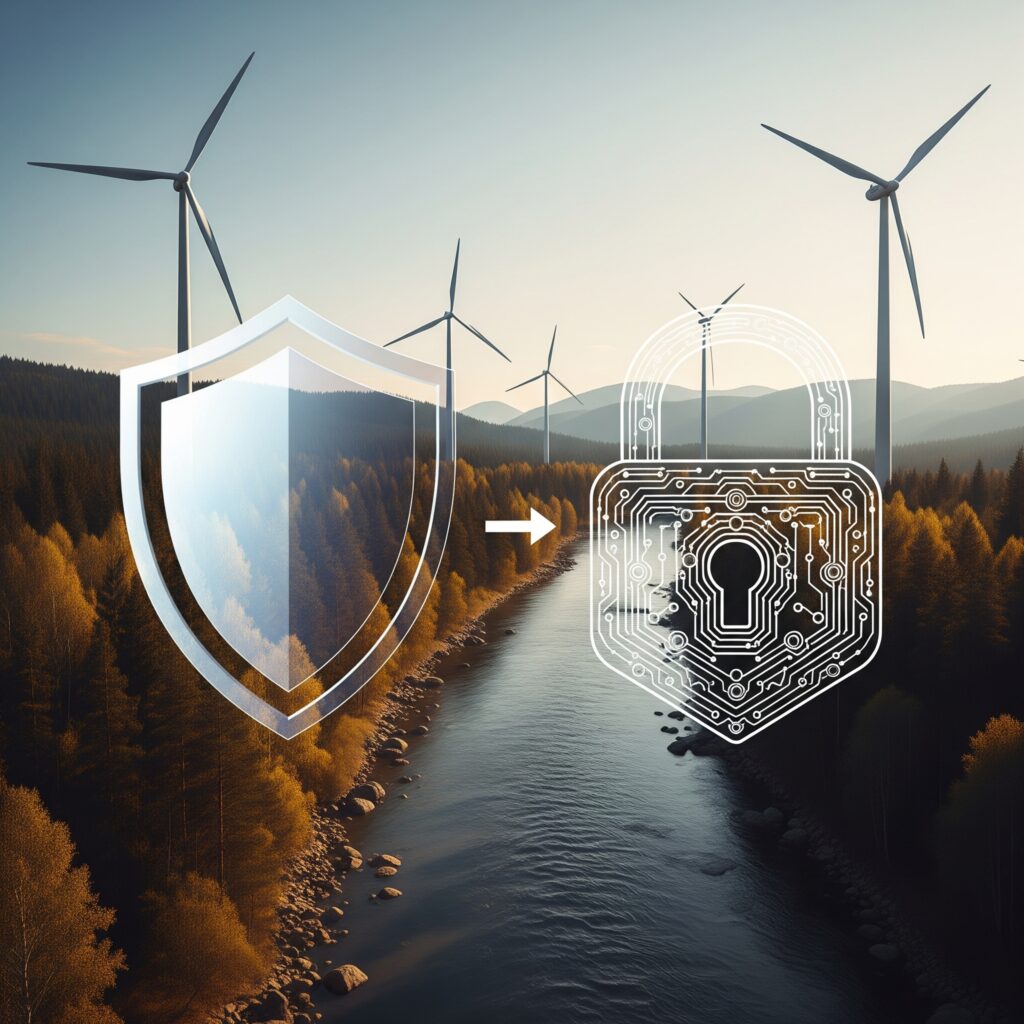
Key Takeaways: A Checklist for Sustainable Tokenization
Here are the key takeaways highlighting how Shell Token aims to contribute to environmental sustainability:
- Incentivized Eco-friendly Behavior: Rewards users for sustainable actions like reduced consumption, carpooling, and EV charging.
- Transparent Carbon Footprint Tracking: Provides a verifiable, blockchain-based ledger of individual and corporate carbon emissions and reductions.
- Facilitating Green Investments: Enables staking of tokens to support renewable energy projects, linking financial returns with positive environmental impact.
- Efficient Carbon Offset Marketplace: Creates a tokenized marketplace for verified carbon credits, addressing issues of transparency and double-counting.
- Community-Driven Sustainability Governance: Empowers token holders to vote on environmental initiatives and resource allocation for maximum positive impact.
- Blockchain-Backed ESG Transparency: Provides immutable records of environmental initiatives and impact, raising the bar for accountability in the energy sector.
- Deflationary Tokenomics: Integrates token burning mechanisms tied to platform usage, creating scarcity and potentially increasing value for long-term holders.
A New Paradigm for Energy and Environment
The Shell Token initiative represents a pioneering approach to integrating blockchain technology with the energy sector, offering a compelling vision for how global brands can genuinely contribute to environmental sustainability. By transforming traditional consumer-brand relationships into an interactive, decentralized ecosystem, it aims to incentivize eco-friendly practices, fund renewable energy projects, facilitate transparent carbon offsetting, and empower community governance in environmental efforts. While the journey is fraught with challenges, the robust technical foundation, comprehensive economic model, and clear roadmap outlined in the whitepaper suggest a serious commitment to this transformative endeavor. The potential for Shell Token to accelerate the transition to a more sustainable energy landscape by aligning economic incentives with environmental responsibility is substantial.
Share your thoughts with us in the comments below: Do you believe blockchain technology can be a significant catalyst for environmental sustainability in traditional industries?
If you found this article insightful, consider sharing it with your network and exploring our other resources on the intersection of blockchain and sustainability: [Link to related articles on your website].

